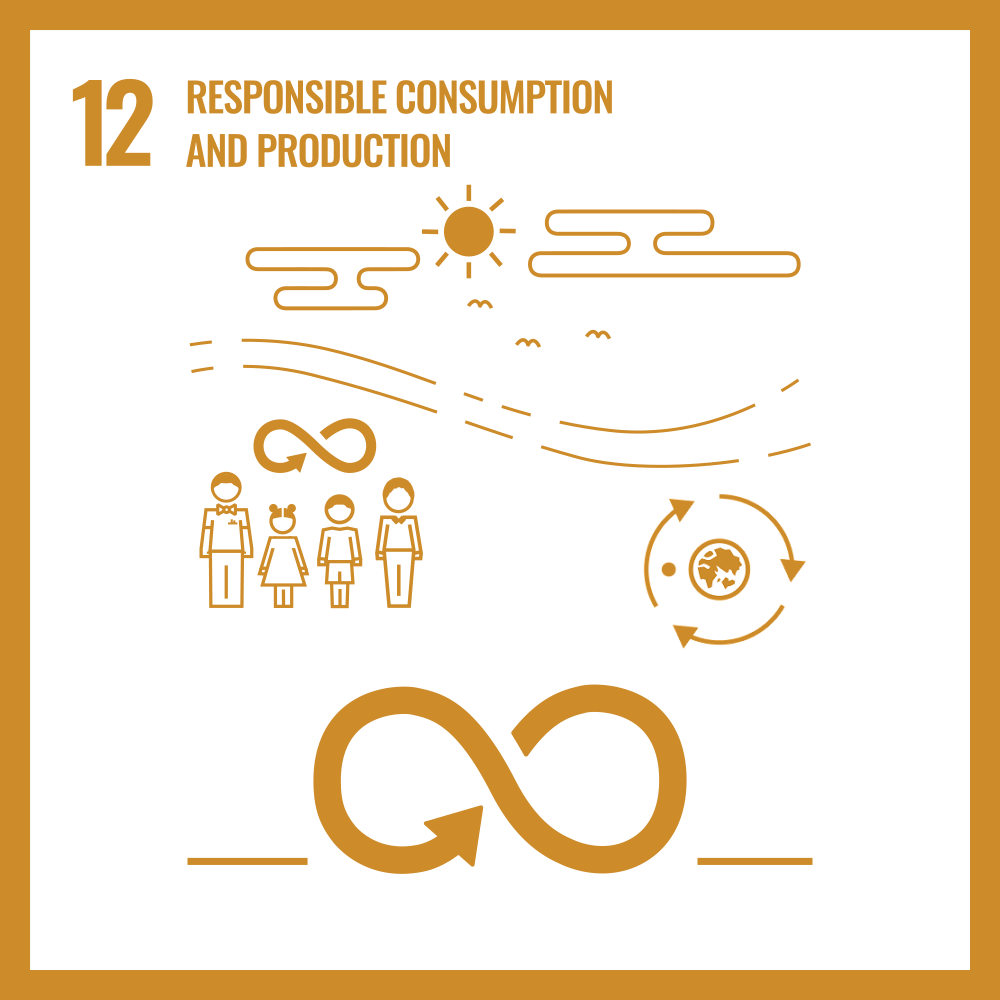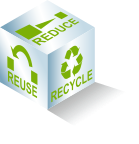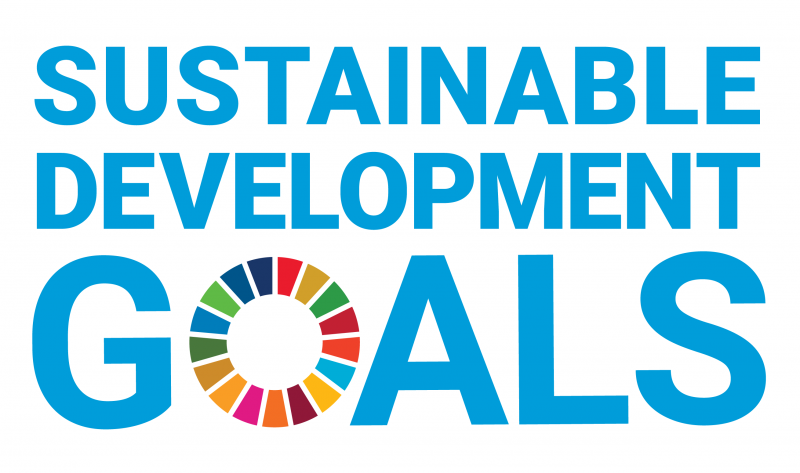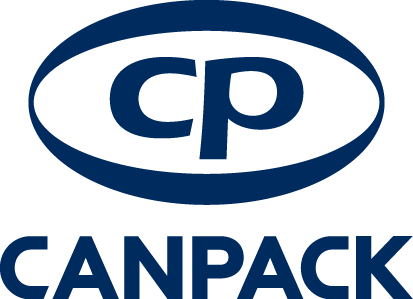SDG
12
Responsible Consumption
and Production
Waste and food waste in particular are global problems. The metal packaging industry is ideally placed to help reduce both types: not only is metal an infinitely recyclable packaging material, but it also provides an impenetrable barrier that helps to keep food fresh for longer.
Metal packaging has some of the highest packaging recycling rates in Europe:
73 %
for aluminium beverage cans and
85.5 %
for steel packaging in 2020

Implemented work processes and waste management plans to provide guidance on how to reduce, recycle and reuse waste and set internal reduction targets for waste reduction and recycling.
The overall 2025 targets for the aluminium can business include reducing waste generation by 5% and achieving a 94% waste recycling rate (baseline: 2019). The overall goal is zero waste to landfill.

2030 target to send zero waste from our operations to landfill and
reduce packaging material use by making aluminium and steel cans
reduce packaging material use by making aluminium and steel cans
10 %
lighter in weight.
At Envases Skive plant in Denmark, technical material waste is sorted and pressed into AluCubes in their internal ecycling centre, to optimize it for recycling at the aluminium supplier.
The AluCubes come back as new raw material that represent an important part of the aluminium consumption in the production of new cans.

Their STARcan project aims to reduce standard can weight by 3-8%, saving 30,000 metric tonnes of metal per year.

Reduction in annual CO2 emissions of
2600 tones
between 2018-2020, as a result of efficient and reduced energy and material use.

By using food cans, we can reduce individual food waste by almost
30%








